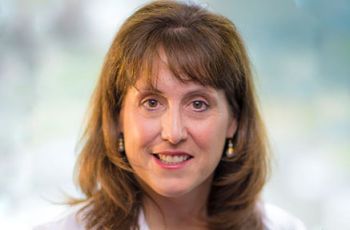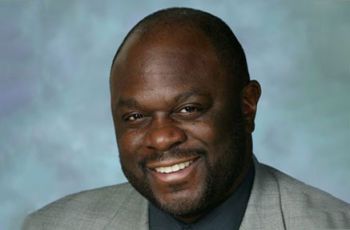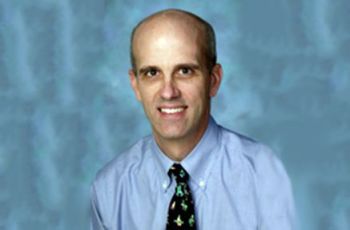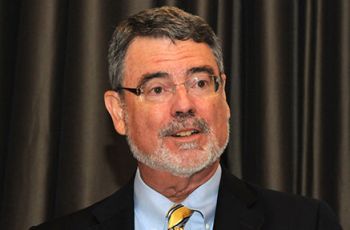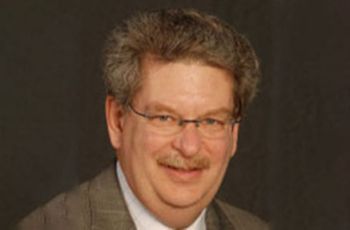Pediatrics
Paul Kaplowitz, M.D., professor of pediatrics, was interviewed by the Pentagon Post for a story on whether girls in the U.S. are hitting puberty earlier than ever before.
Roberta DeBiasi, M.D., professor of pediatrics, was quoted in a WTOP story on whether the D.C. School District acted appropriately after a pneumococcal meningitis death, which is caused by bacteria.
Leslie Bishop Tarver, a fourth-year medical student at the George Washington University School of Medicine and Health Sciences, was selected for the Summer Medical Student Fellowship Program, supported by the American Academy of Child and Adolescent Psychiatry’s (AACAP) Campaign for America’s Kids.
Scienceline featured a new study published in Journal of Virology finding that prednisone, doxorubicin and vincristine, three immunosuppressive chemotherapy drugs also used in managing bone marrow transplants and severe allergies, are capable of activating some of the most common herpes…
Judith Owens, M.D., professor of pediatrics, spoke to FairfaxTimes.com about the results of her research on whether students in Fairfax County were getting enough sleep. This was also covered in the McLean Connection.
Joseph Wright, M.D., professor of pediatrics, was interviewed by USA Today about bullying, saying that by third grade 75 percent of kids have been exposed to bullying, the majority as bystanders.
Stephen Teach, M.D., professor of pediatrics, was interviewed by The Washington Post about his work to try and lower the number of children who are hospitalized for asthma in D.C., which has one of the highest rates of pediatric asthma in the country.
Gerard Martin, M.D., professor of pediatrics, was quoted in a WTOP story about a new test that can predict hidden heart problems before a baby comes home, called a pulse oximetry test.
Fitzhugh Mullan, Ph.D., M.D., assistant clinical professor of pediatrics, was a guest on "To the Point" on NPR to discuss the impact of the Affordable Care Act on physicians.
Jerome Paulson, M.D., professor of pediatrics, was interviewed by USA Today about budget cuts that could prevent health officials from protecting children from lead poisoning.
